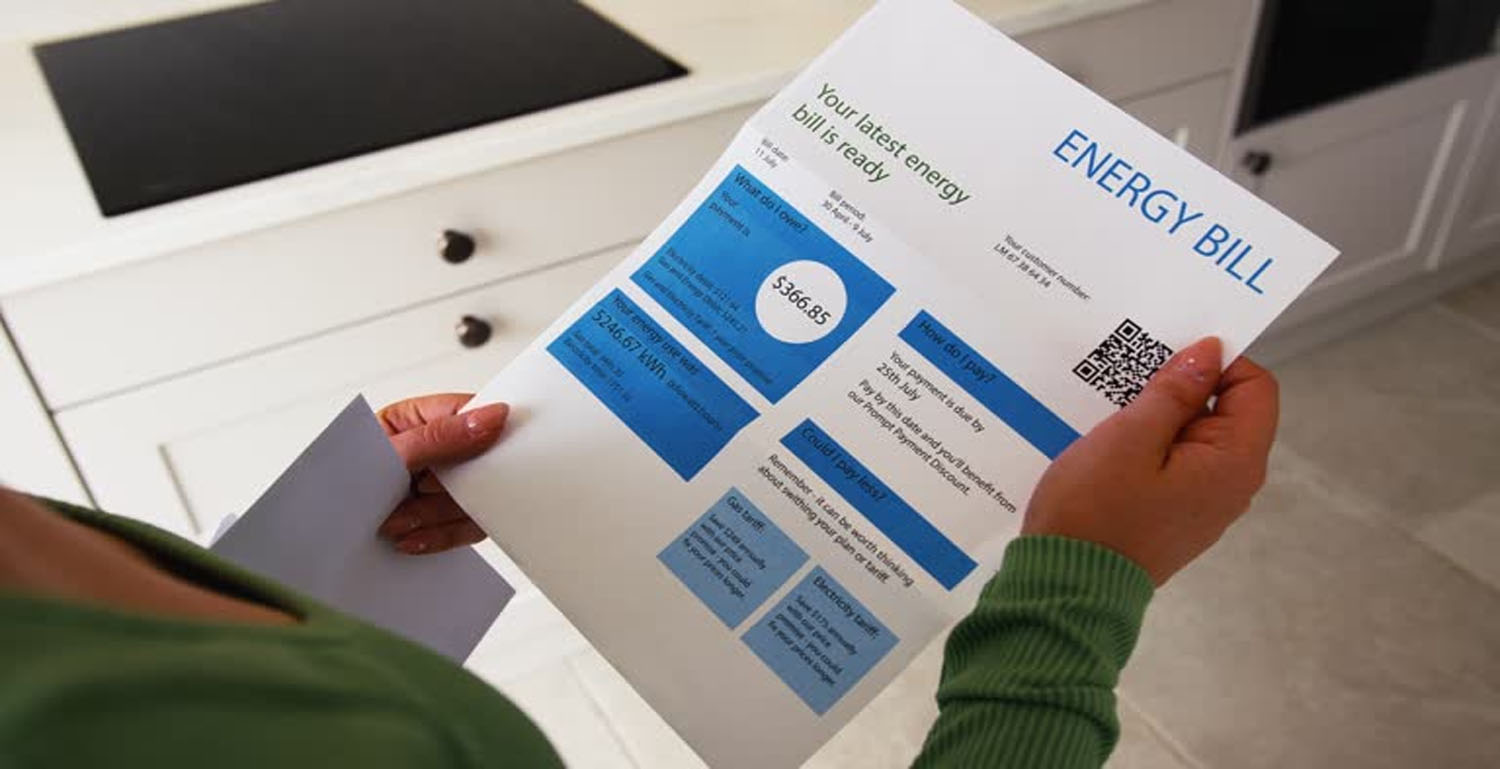Key Takeaways:
- Adopt energy-efficient appliances to save on electricity costs.
- Utilize natural light and proper insulation to reduce energy consumption.
- Regular maintenance of HVAC systems can ensure optimal performance.
- Leverage smart home technologies for better energy management.
With rising energy costs, finding effective ways to reduce your energy bill has never been more critical. Many homeowners aim to achieve this without sacrificing comfort or convenience.
From upgrading appliances to integrating smart home technology, here are simple ways to make your home energy-efficient and keep costs low.
Transition to Energy-Efficient Appliances
One of the most impactful ways to decrease your energy costs is by upgrading to energy-efficient devices. Whether you want to reduce energy bills in Kansas City or anywhere else, adopting specific strategies can help you achieve significant savings. Devices that carry the Energy Star label are often certified to consume less power while performing at the same level as their non-efficient counterparts. These appliances may have a higher upfront cost, but long-term savings make them worthwhile. For example, energy-efficient refrigerators and washing machines can use up to 50% less energy than standard models. Over time, these savings can add up and significantly reduce energy consumption.
Optimize Natural Light and Insulation
To make the best use of natural sunlight during the day, keep curtains and blinds open to reduce the need for electric lighting in your home. Also, make sure that your house has good insulation. Effective insulation ensures that your house stays warmer during the winter and cooler in the summer, decreasing reliance on energy-intensive heating and cooling systems. You can reduce drafts and enhance your home’s insulation by adding weather stripping to doors and windows. Think about adding skylights in places with low natural light to increase daylight and lessen the use of artificial lighting.
Regular HVAC System Maintenance
Regular maintenance of your HVAC (Heating, Ventilation, and Air Conditioning) systems is vital for preventing unexpected breakdowns and ensuring they are running efficiently. Servicing your HVAC systems at least once a year can mitigate potential issues and safeguard against energy wastage. Clean and replace filters regularly to maintain optimal airflow and system efficiency. Having a professional inspect your ducts for leaks is also a good idea, as any air escaping through the vents can cause your system to work harder, consuming more energy. Scheduling seasonal maintenance checks before the peak heating and cooling seasons can ensure your system runs efficiently when needed.
Leverage Smart Home Technology
Modern technology offers numerous options to manage your home energy usage better. For example, intelligent thermostats adapt to your schedule and adjust heating and cooling times for energy conservation. Similarly, intelligent lighting systems can automatically turn off lights when not in use, leading to substantial energy savings. You can use smartphone apps to remotely control these devices, enabling you to change settings from anywhere. For instance, you can set your thermostat to lower the temperature at work and raise it just before you return, ensuring comfort without wasting energy. In addition, intelligent outlets and extension cords can assist in tracking and managing the power usage of devices, offering information on which appliances consume the most energy.
Install energy-efficient Windows
Energy loss can be substantial through windows. By installing windows designed with energy efficiency in mind, you can drastically reduce heating and cooling costs. Double-glazed windows, for instance, provide excellent insulation that can help maintain a consistent indoor temperature. Consider window treatments like thermal curtains for added insulation. These curtains can block heat during the summer and retain warmth during the winter, enhancing your home’s overall energy efficiency. Low-E coatings on windows can also aid in decreasing heat flow, leading to a cooler home during summer and a warmer one during winter. Additionally, well-insulated windows can minimize noise pollution, making your home more comfortable and quiet.
Use Programmable Thermostats
Programmable thermostats offer a simple way to regulate your home’s temperature. Setting a schedule that lowers the heat or air conditioning when you’re not home can save a substantial amount on your energy bills. The U.S. Department of Energy states that by using a programmable thermostat, you could potentially save around 10% annually on heating and cooling costs. Different temperatures can be programmed for different hours of the day to prevent unnecessary energy use. Advanced models even have vacation settings, which allow you to reduce energy consumption while you’re away for extended periods. A consistent schedule can provide a comfortable living environment while efficiently managing energy usage.
Consider Renewable Energy Sources
Using solar panels and other green energy sources can reduce reliance on the power grid, resulting in lower energy expenses and a smaller ecological footprint. Many households are making the switch to renewables and reaping the financial benefits. While the initial installation may be costly, various government incentives and tax breaks can offset some expenses. Setting up solar panels on your rooftop can utilize solar energy to produce electricity, lessening reliance on conventional power sources. Wind turbines and geothermal systems are both feasible choices for creating sustainable energy in a household setting. Through generating your own energy, you have the potential to greatly decrease or completely get rid of your monthly electricity expenses, and any surplus energy can sometimes be sold to the grid for extra savings.
Practice Energy-Saving Habits
Sometimes, small habits can significantly impact your energy usage. Basic tasks such as switching off lights upon exiting a room, disconnecting appliances when not in use, and opting for cold water when doing laundry can lead to significant energy savings in the long run. Educate all household members about these practices to ensure everyone contributes to the effort. Additionally, consider air-drying clothes instead of a dryer, and opt for shorter showers to save on water heating costs. Establishing a routine of periodic energy assessments can pinpoint areas of energy wastage and potential opportunities for additional savings. By getting the whole family involved in conserving energy, you can establish a more sustainable and budget-friendly home.





